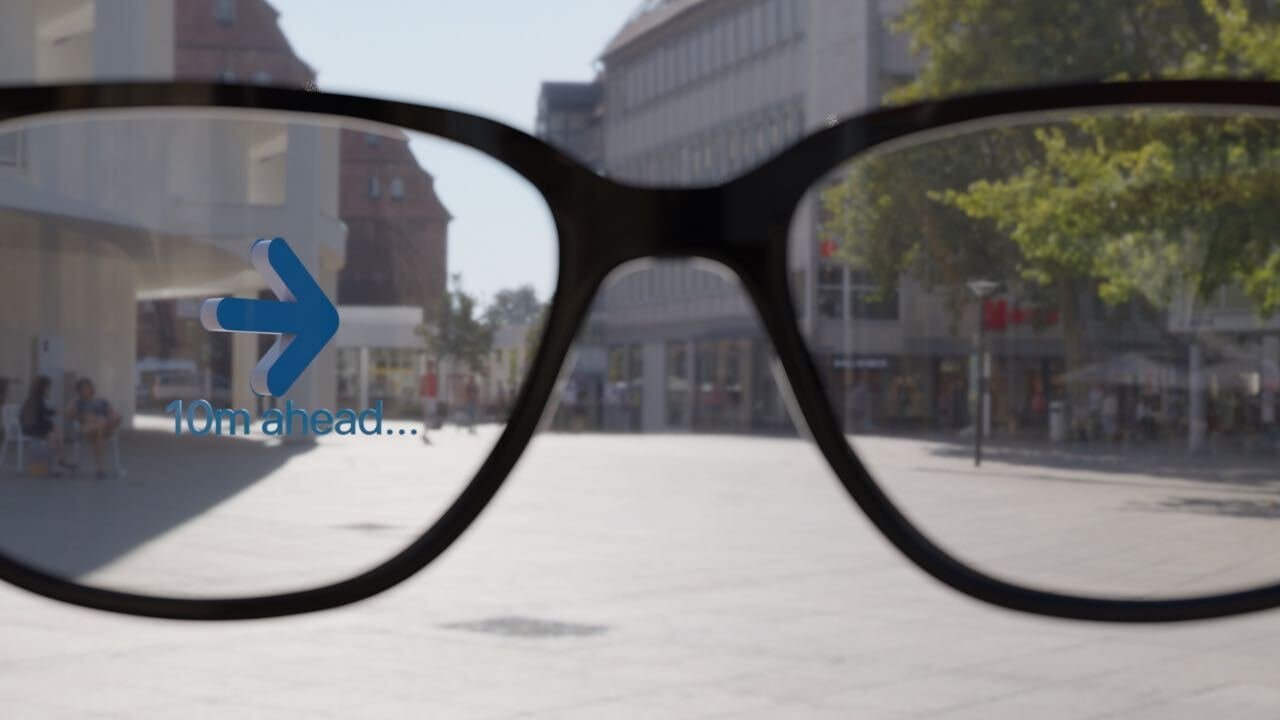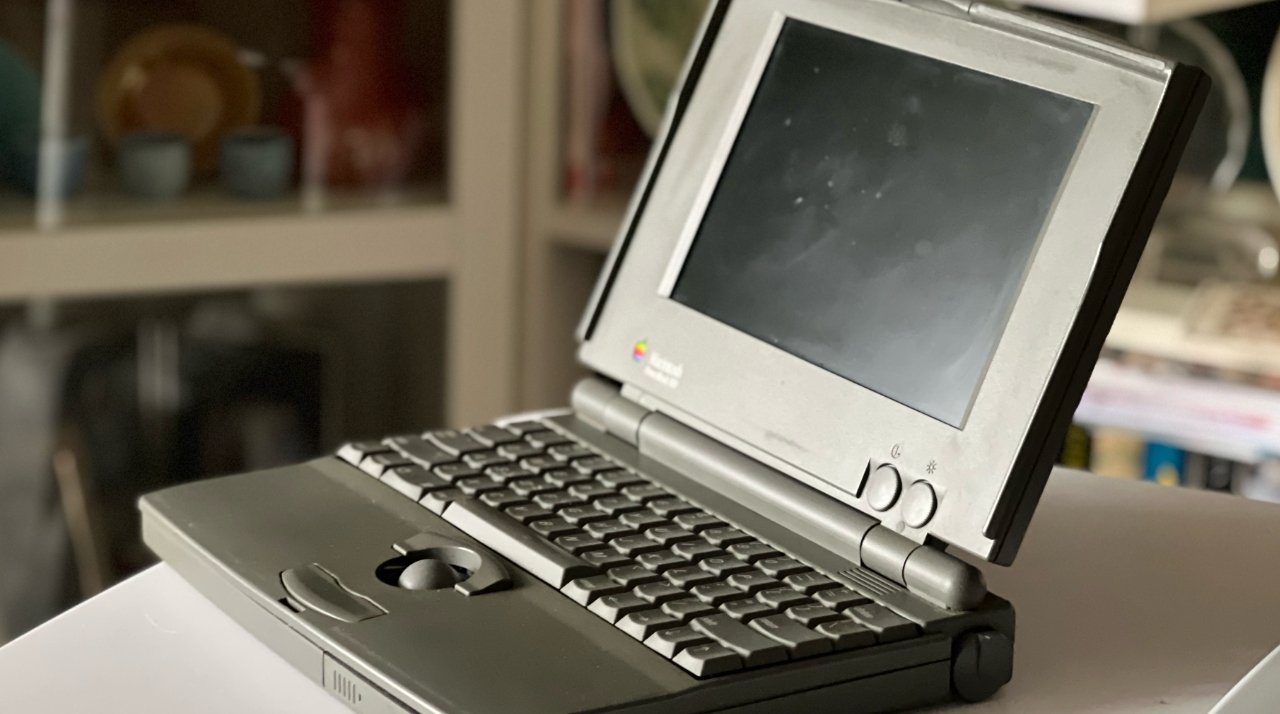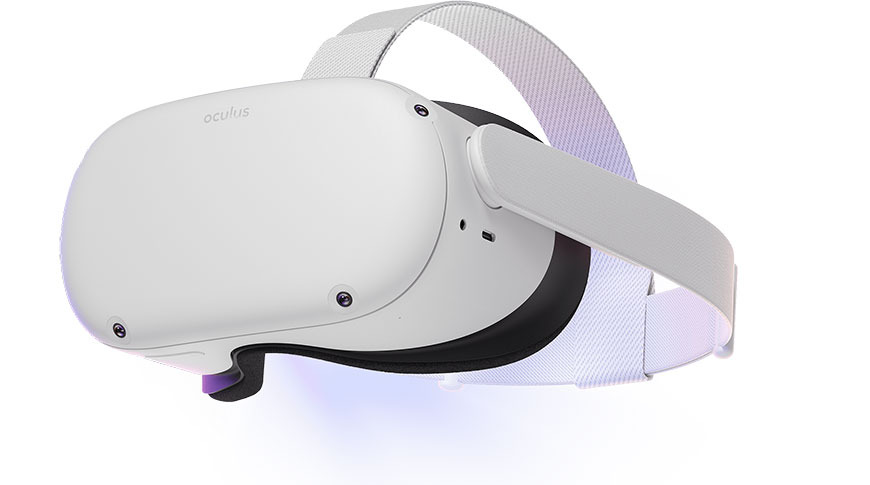Apple is late to AR, but it's going to succeed the way it always does
Apple was far from first to market with the smartphone, the tablet, and now the item tracker. Despite that, it's the iPhone, iPad, and AirTags that people buy — and it will be the same with Apple AR.
If you had ever decided to make an Augmented Reality device yourself, you'd probably have beaten Apple to it because so has nearly everybody else. It's hard to pin down just when AR started, but Apple is so extraordinarily late to the party that it hasn't even arrived yet.
But then as parties go, AR, Virtual Reality, and Mixed Reality, are all still a bit of an anticlimax. If you're into the technology, you can certainly have a great time.
And definitely Oculus and the rest have made the most enormous strides forward.
Only, they're not strides that anyone outside the field has noticed. AR headsets sell in enough quantities to be worth continuing to make, but possibly only just enough.
AR's time is coming, it isn't here yet
As far as the general public is concerned, despite Meta's best efforts, AR headsets are these oversized contraptions. In those eyes, they are perhaps are very clever, but don't actually do much, and maybe give you headaches. There are games, there are even dramas, but it still feels like a solution in search of a problem.
Technology is important. Cost is important. But the key issue is that without a clear and compelling reason to buy, the price and any technical advantage don't matter.
Apple is very good on finding what matters. It's also very good at persuading you to then buy its technology, but right at the heart of all of this is that Apple design is really people-first.
It is because of this that Apple is going to succeed in AR. The technology will be clever, the physical design will be appealing, but it will sell because Apple is superb at figuring out why it's worth buying.
It's also very good at conveying that to the general public, which is of course now Apple's target market.
Design is more than how it looks
Even before Apple became the consumer product firm it is, and before it changed its name from Apple Computer, the same thinking about design was bringing it success.
There were myriad PC laptops before Apple's PowerBooks in the 1990s, for example, and plenty were marvels of technology for their time. But they were made by talented people who were not the users who'd eventually buy them.
For technology firms at the time, the issue was that a laptop needs a keyboard, so its designers made one — and then moved on. Armed with exactly the same information and exactly the same technology constraints, Apple did not move on.
Apple instead continued to focus on how people would actually use the keyboard. This is why PowerBooks introduced the idea of pushing the keyboard to the rear of the machine and giving people palm rests.
It wasn't a technical decision, it was a true design one that any manufacturer could have made — but only Apple did. There hasn't been a single laptop since 1991 that didn't copy Apple, because Apple got it right.
You can make a similar case about the iPhone.
Apple's iPhone was far from the first smartphone, and even to this day you can well argue that it lacks certain features of Android. But it's not like that's a mistake, it's not like Apple engineers couldn't wedge in new features.
It's that they decide not to. Of course there are advances that other firms make, and of course there are pressures of cost, reliability, manufacturing and surely others that affect what Apple is able to do.
But the key thing is what it chooses to do. Typically, if there is a new technical advance then some Android manufacturer will make a phone with it, and then they will hope it sells.
Rather than blindly copy ever technology advance, Apple looks further ahead and moreover is willing to take the time to do so.
Which is why we get that image of all phones before the iPhone, and all phones after it. That's why we get a sea-change in every company's technology after Apple has entered the market.
It's how the iPad could come about five years after the hardware finally arrived following Microsoft's push into tablet computers, and leave every single one standing.
Technology is important. Cost is important. But what matters more than anything else is how a product can be used — and that is really where Apple is stronger than anyone else.
Putting its money where its mouth is
That perspective, that attitude, is ultimately Apple's true strength because it is also behind the company's more immediately visible advantages. Apple looks at the whole picture — and takes steps to control that whole picture too.
So right now, even as it uses many suppliers across the world, Apple controls every step. It no longer even needs Intel for processor design, now that it's moved to Apple Silicon.
Consequently, from the very processor through all design, all manufacturer, all logistics and the all of its retail chain, Apple controls the whole stack like nobody else. In the case of AR, or any other product, there is nothing beyond physics preventing it doing what it wants.
Whereas every other manufacturer has to inevitably accept compromises as they utilize components that were not build exclusively for its needs.
Similarly, when Apple introduces a new device, it's really adding to the Apple ecosystem. The AirTags leverage the existing Find My network, the forthcoming Apple Business Essentials service is built on the company's iCloud.
Apple is not the only company that has integrations across its different products. Few companies care about it and have any at all, and no other company has as many. Google perhaps should have the same advantages, but it hasn't yet and is now working to get there.
An Apple AR headset will plug into this same ecosystem. Apple can make it so that the Apple AR headset comes ready-made with its own App Store, for instance.
There is one more thing
Apple is competing in a new market, but it doesn't matter what's shipping now or tomorrow from anybody. It won't even matter that much when Apple jumps in, and when it does, if it is a hair behind from a silicon, glass, and plastic perspective.
It can't be guaranteed that Apple will succeed when the first version of the product launches. It can only be pretty certain that the company will find the compelling use cases for AR that absolutely no one else has.
Even then, in the case of AR, it may take time. It appears that Apple is working to release two different AR headsets, with the first one being a more expensive tool for gamers.
Few companies can take the time and spend the money to work on multiple generations of a product. Even fewer avoid the Osbourne Effect and can sell you one product while not hiding the fact that there's a better one coming. See every iPhone launch, if you need an example.
Apple has the resources to not only take time starting a product, but to take more time getting it right. The Apple Watch took several years before it became the compelling success it is now, for instance.
And even Apple TV+ has demonstrated that success comes when you can afford to keep plugging away at a job until it's where you want it to be.
If there isn't anything sufficiently new and groundbreaking in that first AR hardware that isn't the iPhone itself, though, Apple could undermine its own case about the use of AR — before it can bring out the consumer second edition.
The iPhone was mocked initially by the heavyweights in the industry, and so were the iPad, Apple Watch, and Apple TV+. They became the giant successes that they are only after a time.
Maybe that release under criticism about weak points and refinement process will happen with Apple AR at first, too. It will probably go that way, given the established market.
But if Apple fails in this market, it is not going to be because Facebook out-designed it.
 William Gallagher
William Gallagher













 Wesley Hilliard
Wesley Hilliard
 Andrew Orr
Andrew Orr



 Amber Neely
Amber Neely









